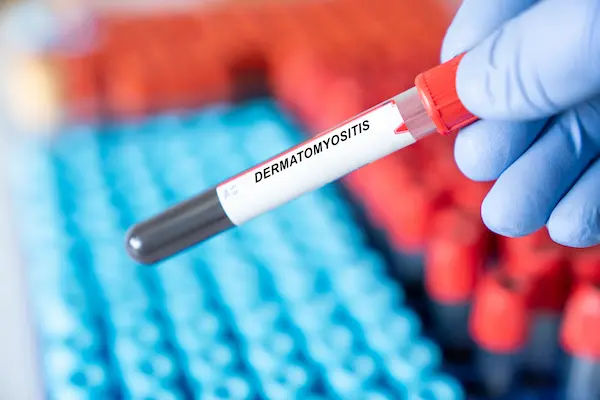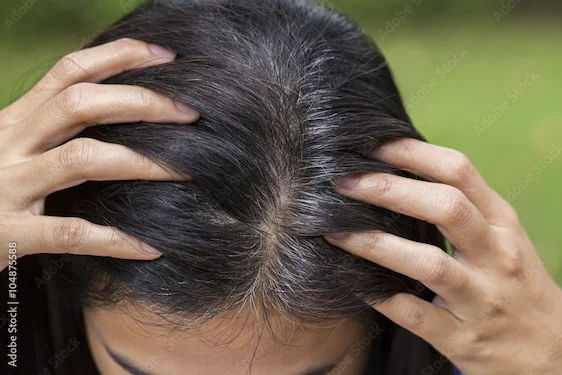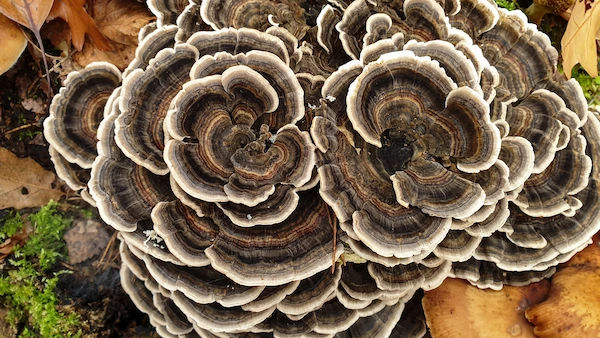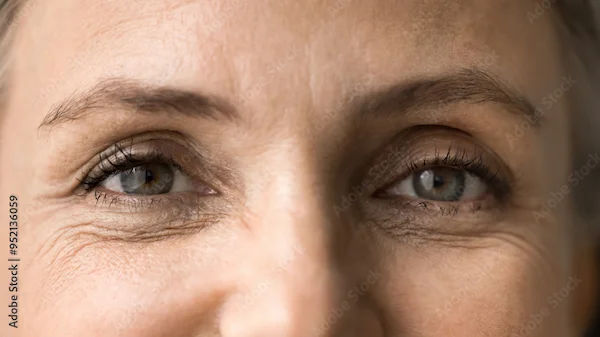- Male
- 42 Years
- 22/01/2025
I've been dealing with this weird sensation, especially during winters for the past 15 years, where it feels like a bunch of needles are trying to poke out of my skin. It's really intense and usually happens when I'm out in the sun or doing some physical activity. The only time it goes away is if I remove my clothes and touch something cold or scratch my body like crazy. It's getting worse, to the point where just being outside for a short time sets it off, and it's really hard to control, especially around other people. I've also started noticing these red patches on my skin wherever I feel the needle-poking sensation, and it's really worrying me because it's affecting my daily life and work. I've tried bathing with cold water in the winter, which seems to help a bit, but I'm looking for a more permanent and sensible solution. Any ideas on what this could be and how I can manage it better?
Answered by 1 Apollo Doctors
I understand that you're experiencing a distressing and debilitating sensation, often referred to as "pins and needles" or paresthesia. This sensation can be intense and disrupt daily life.
Potential Causes
Considering your symptoms, here are some potential causes:
- Cholinergic Urticaria: A skin condition characterized by hives, itching, and a burning sensation, often triggered by heat, stress, or physical activity.
- Solar Urticaria: A rare condition where exposure to sunlight triggers an allergic reaction, leading to hives, itching, and redness.
- Heat Urticaria: A condition where heat triggers an allergic reaction, leading to hives, itching, and redness.
- Dry Skin: Dry skin can cause itching, irritation, and a prickling sensation, especially in cold weather.
- Nerve Disorders: Certain nerve disorders, such as neuropathy, can cause paresthesia, numbness, or tingling sensations.
Recommended Steps
To better understand and address your condition:
- Consult a Dermatologist: Schedule an appointment with a dermatologist to discuss your symptoms and undergo a thorough examination.
Dr. Shubham Suggests...
Consult a Dermatologist
Answered 04/07/2025
0
0

More Dermatology Health Queries
View allI have a white patch on my lip from biting it too much and since my skin is fair, my lips are naturally pink so the patch stands out. My lower lip is also pretty big. Is there any way to fix this without surgery?
White patches differential diagnosis include vitiligo,leukoplakia afordyce spots etc,Leukoplakia includes antifungal tt, vitiligo includes topical creams,phototherapy Other treatments include topical creams,phototherapy,laser and repigmentation .Spots donot require any treatment.A dermat opinion is advised to the patient
Answered by 1 Apollo Doctors
I'm looking for a minoxidil product at 5% strength that doesn't have alcohol or propylene glycol. The one I'm using right now is in lotion form, but it's causing some really bad itching. Do you have any recommendations for something else I could try?
-You can try a *minoxidil 5% foam* instead of lotion, as its alcohol- and propylene glycol-free, reducing the chances of itching. If irritation persists, consult a dermatologist for alternatives.
Answered by 1 Apollo Doctors
I'm trying to decide between Dermadew Lite Soap and Dermadew Soap for improving my skin fairness. I've heard both are good, but I'm not sure which would be better for men's skin. Can you help me figure out which one to go with for the best results?
Both Dermadew Soap and Dermadew Lite Soap are good for maintaining skin health and improving complexion. However, if you are specifically looking for a soap that helps with fairness, Dermadew Lite Soap would be more suitable. It contains ingredients that help in brightening the skin and improving complexion. You can use Dermadew Lite Soap twice daily for best results.
Answered by 1 Apollo Doctors
Disclaimer: Answers on Apollo 247 are not intended to replace your doctor advice. Always seek help of a professional doctor in case of an medical emergency or ailment.





